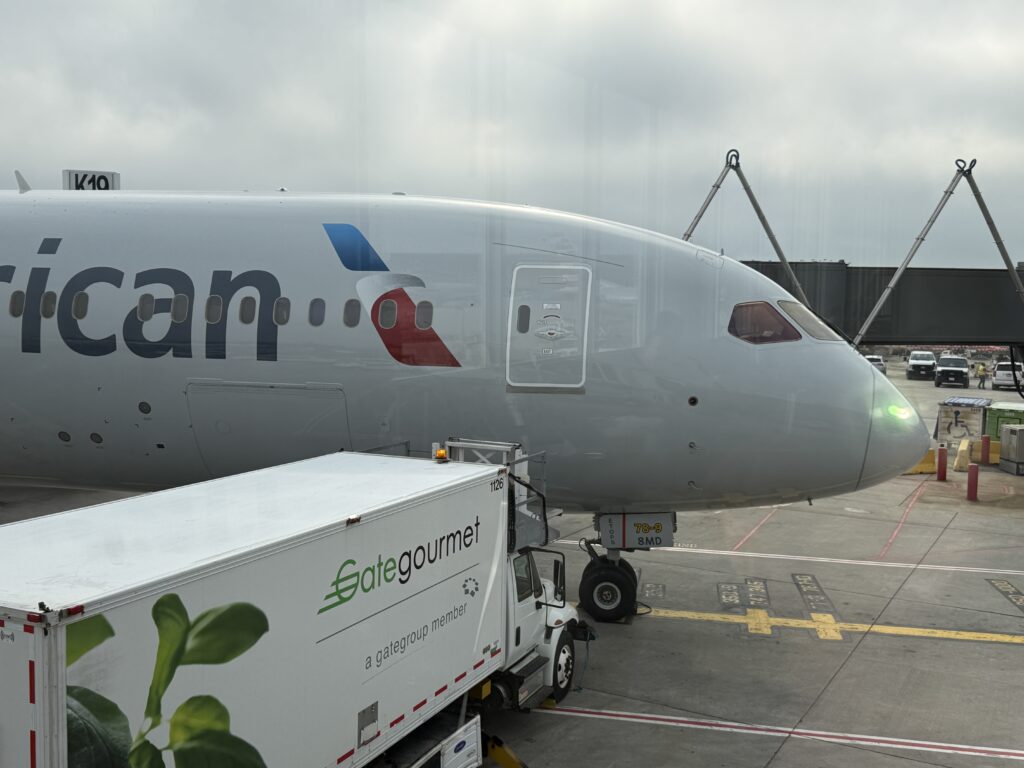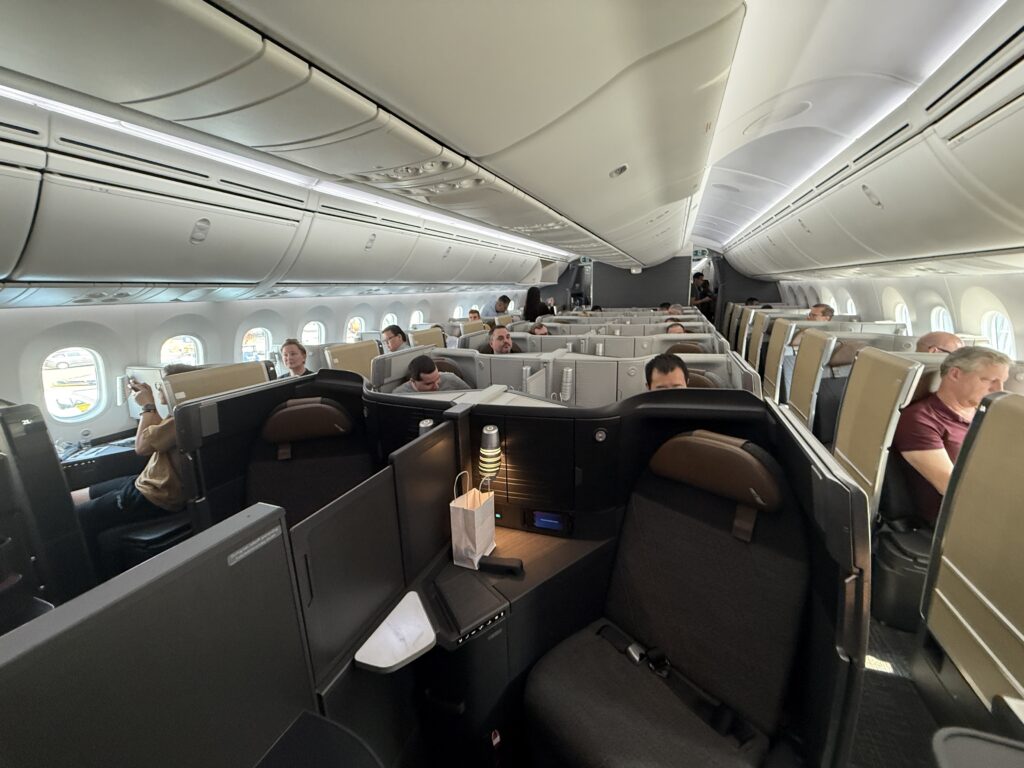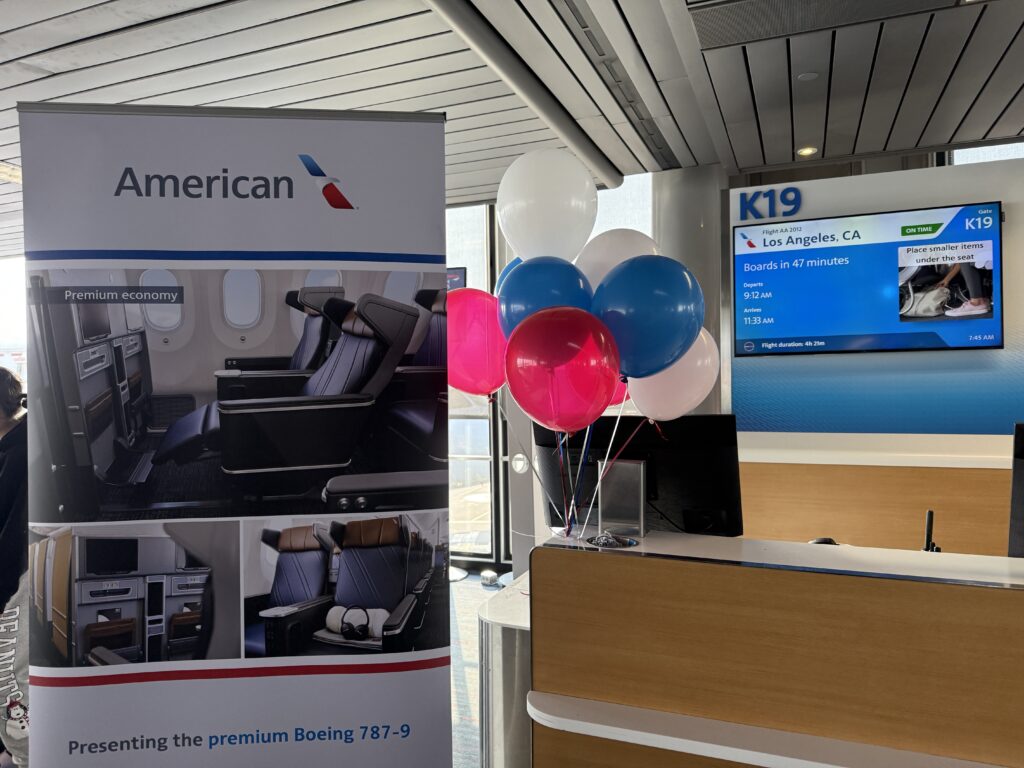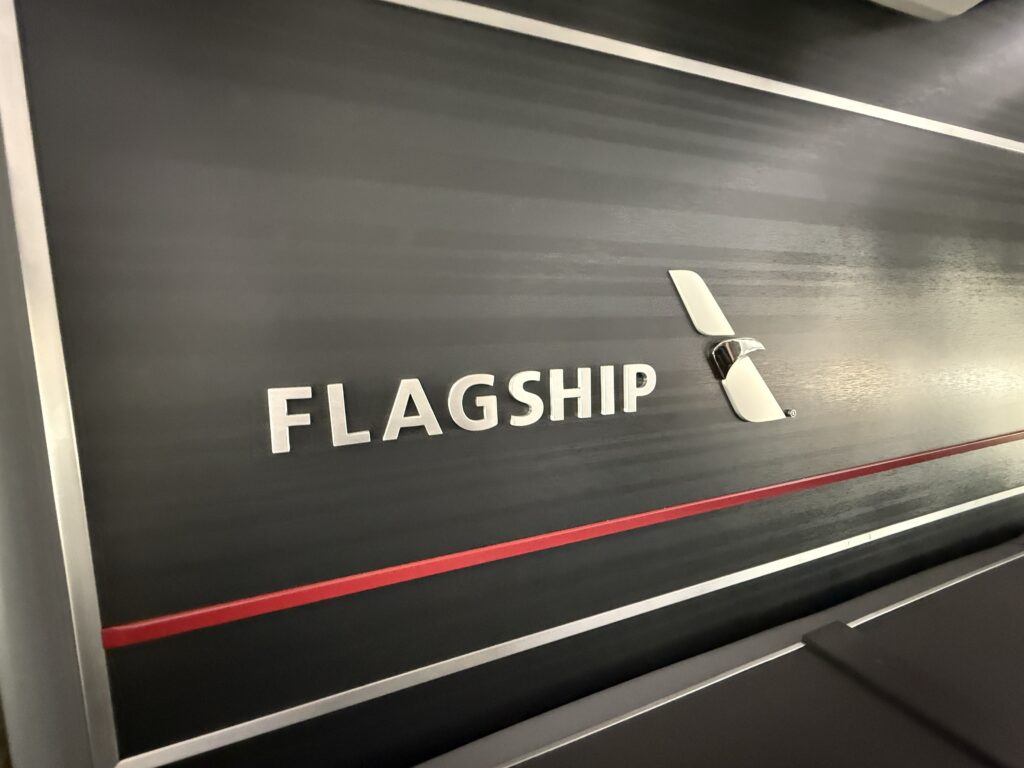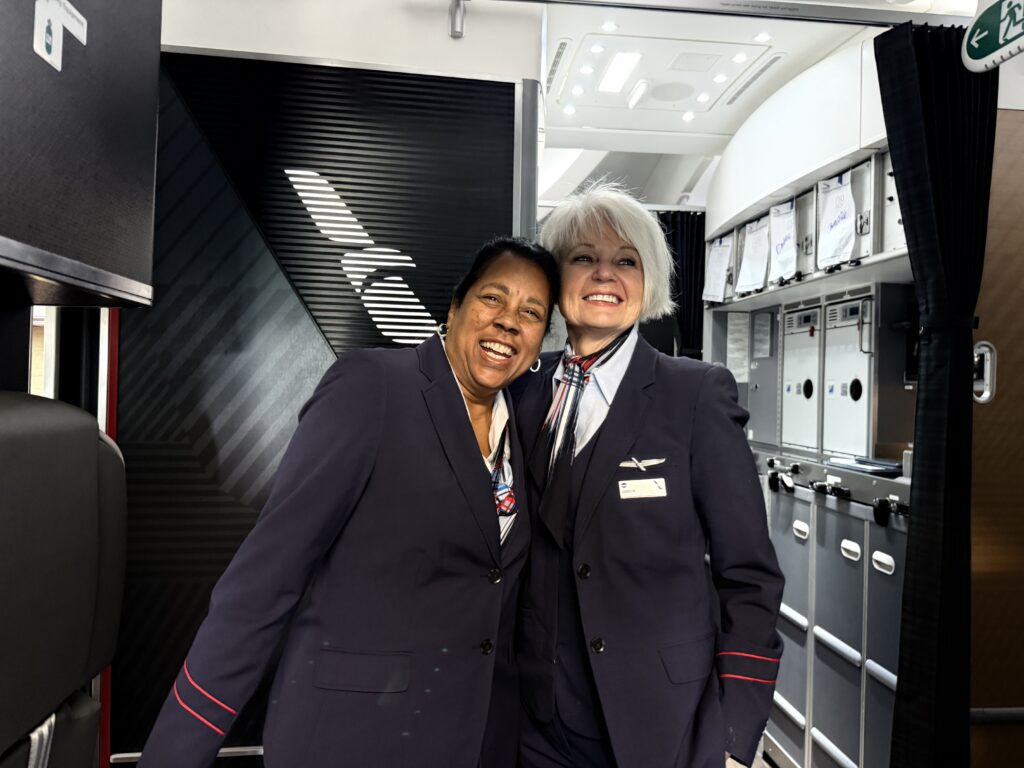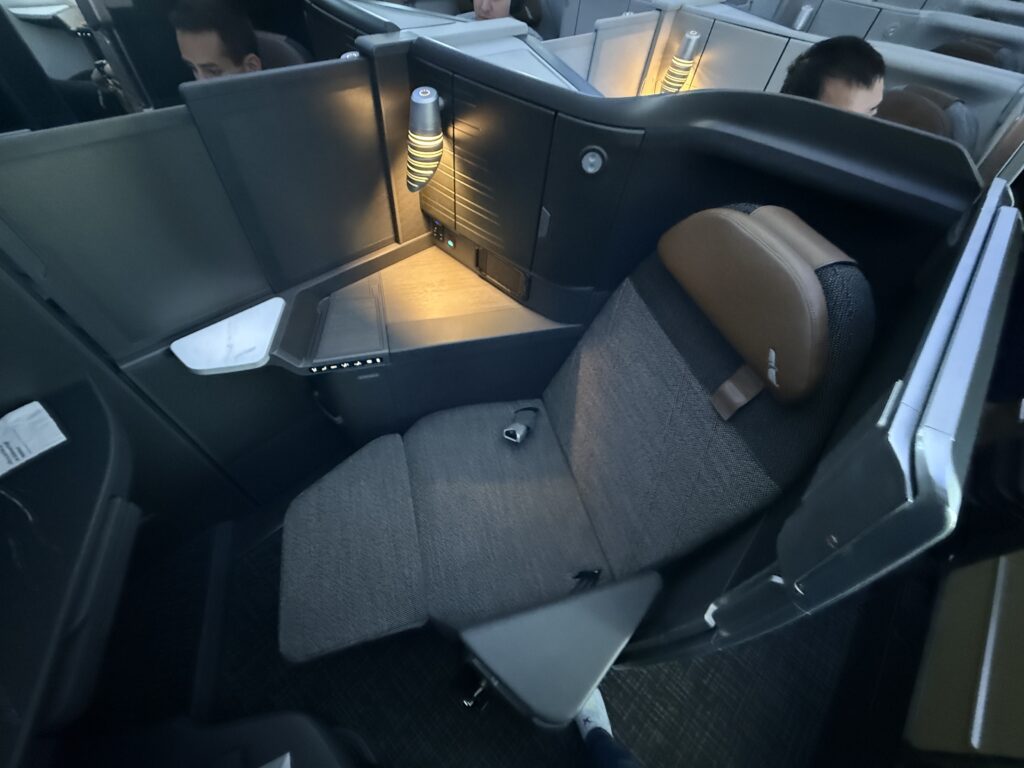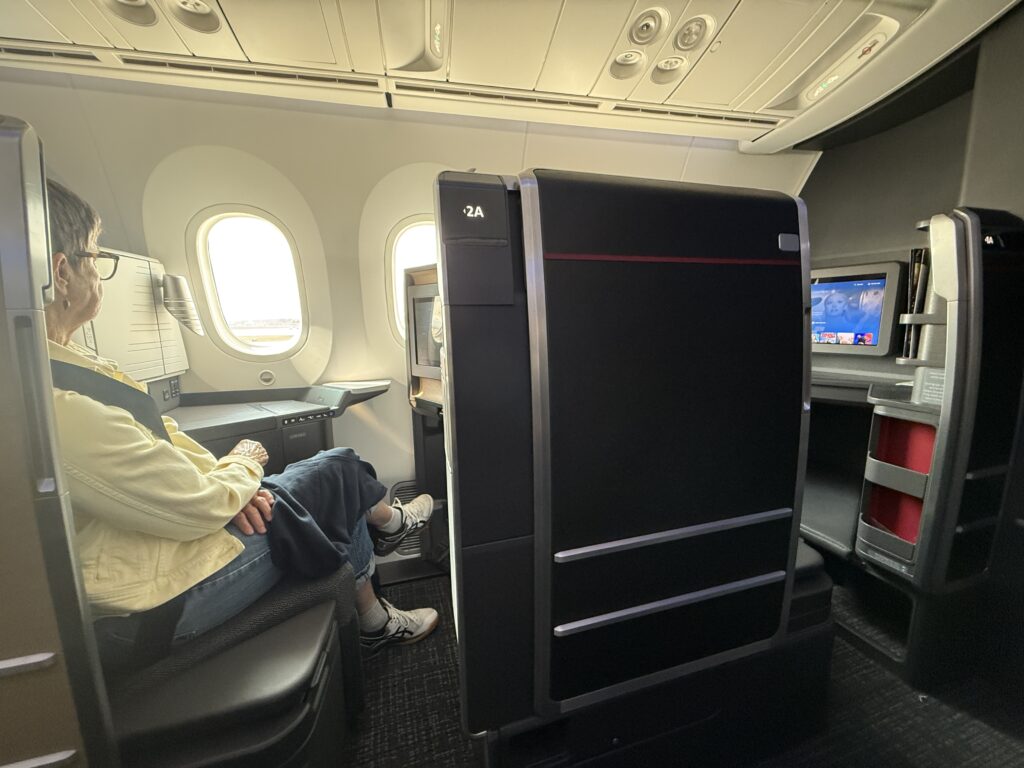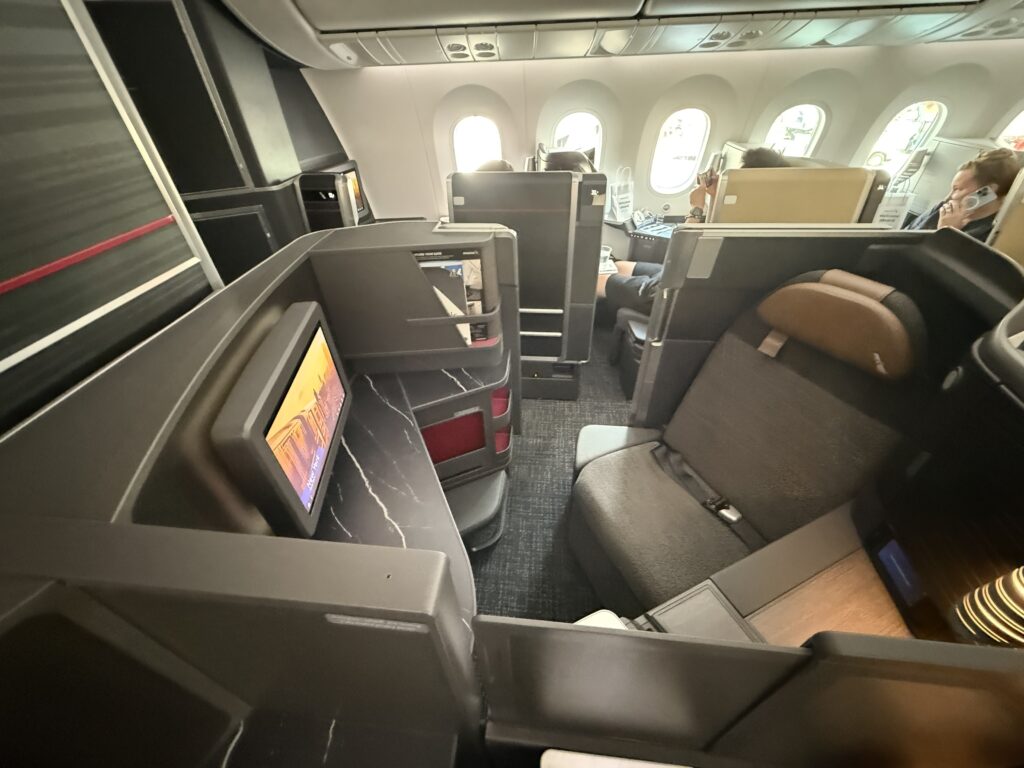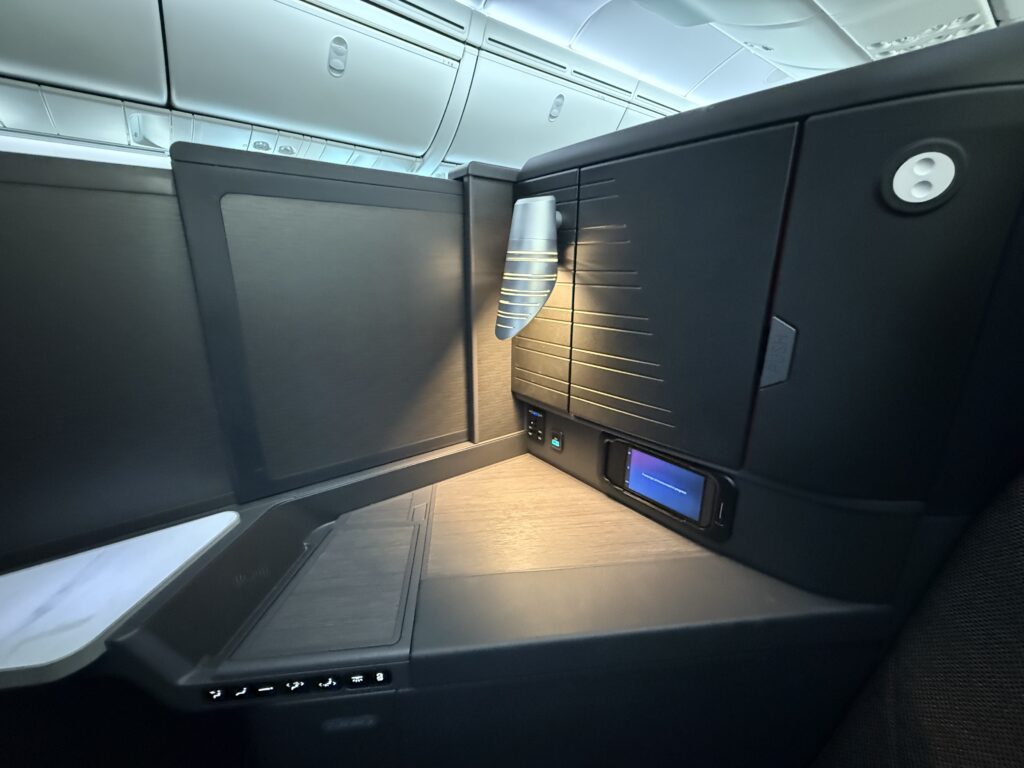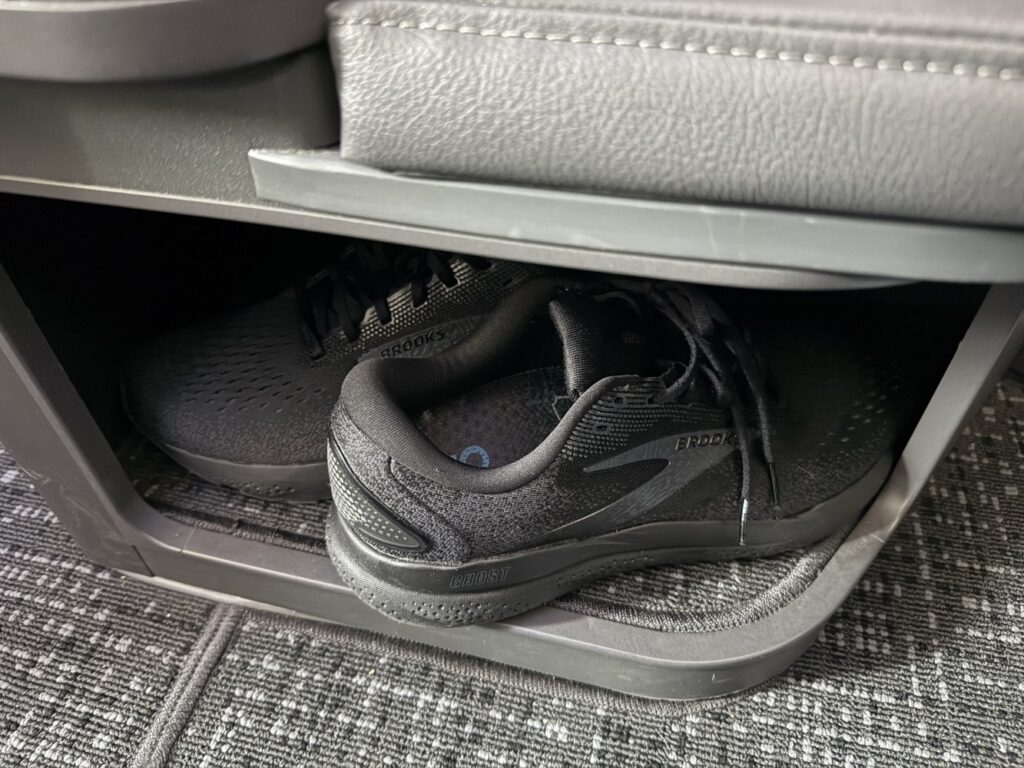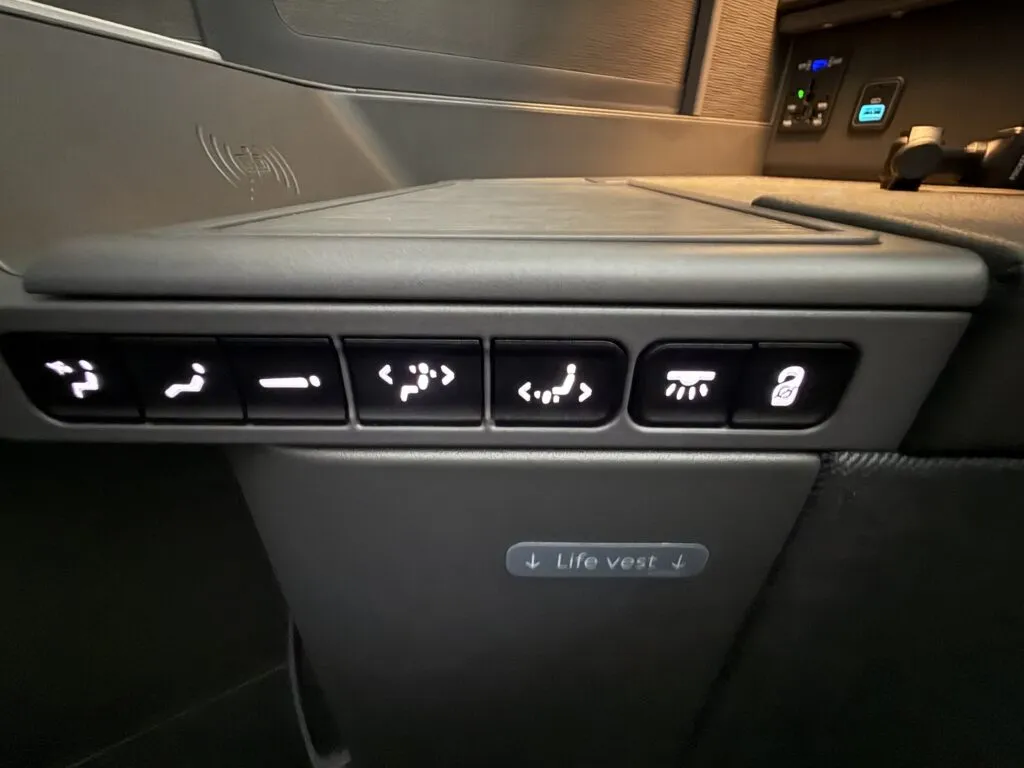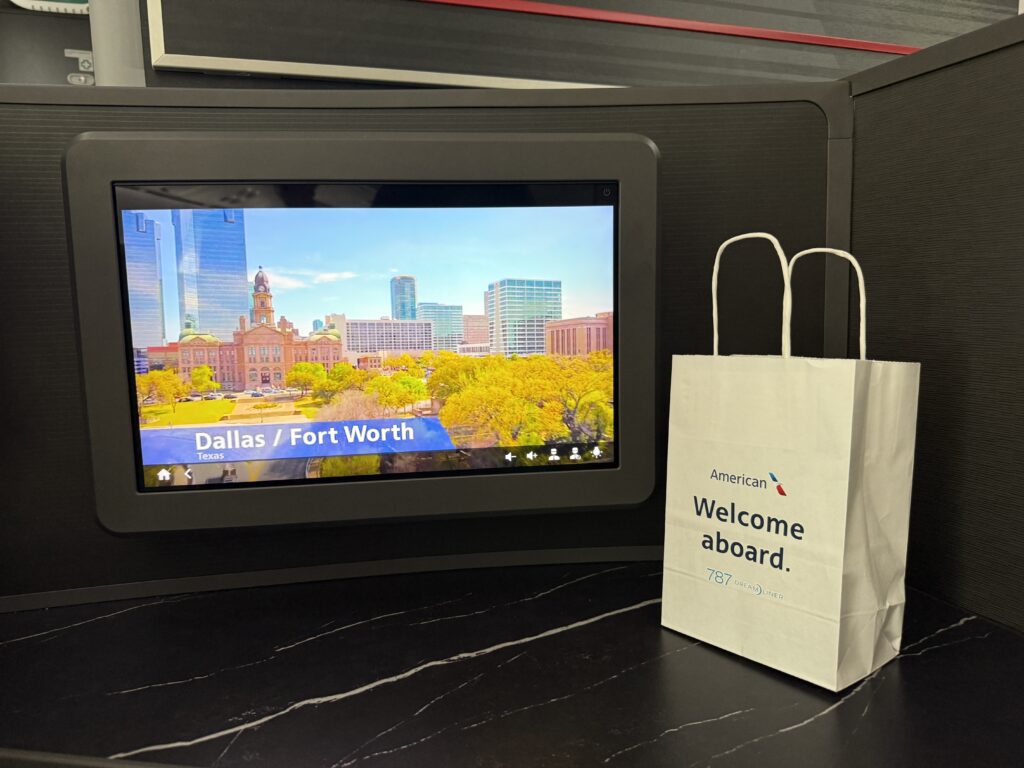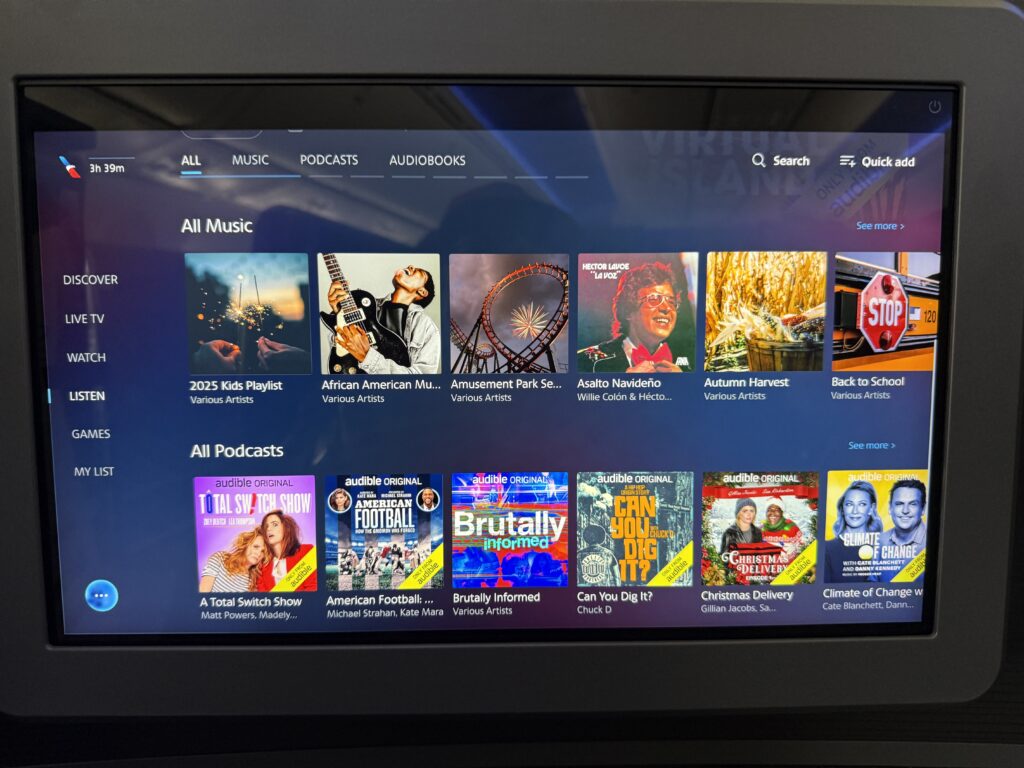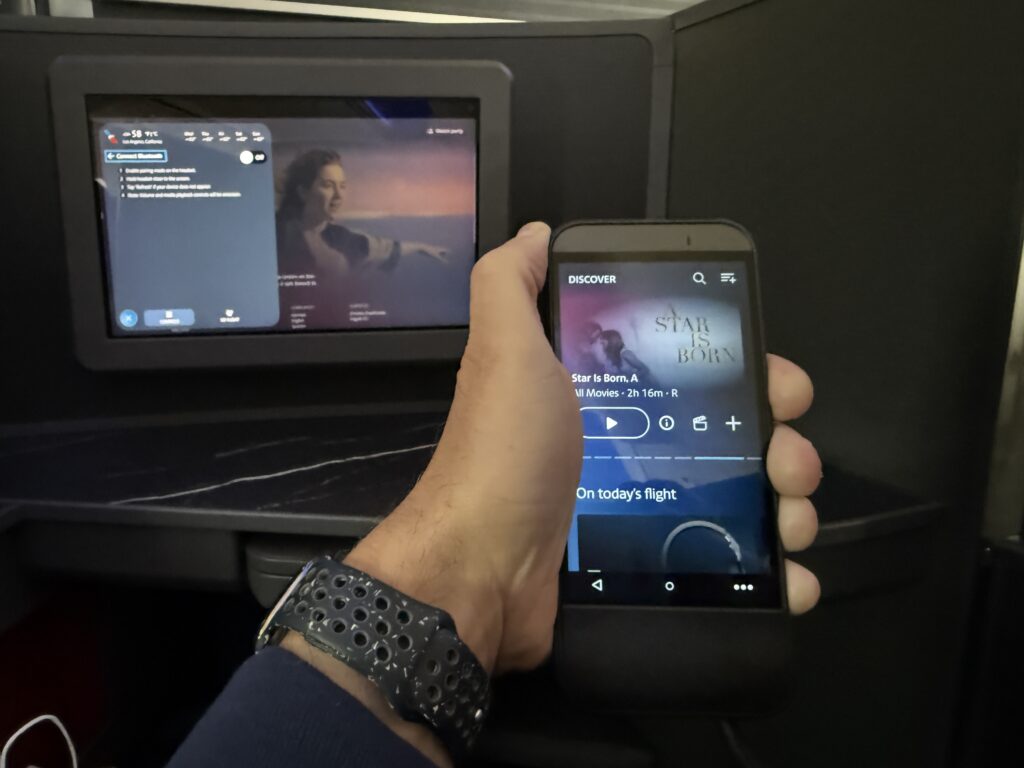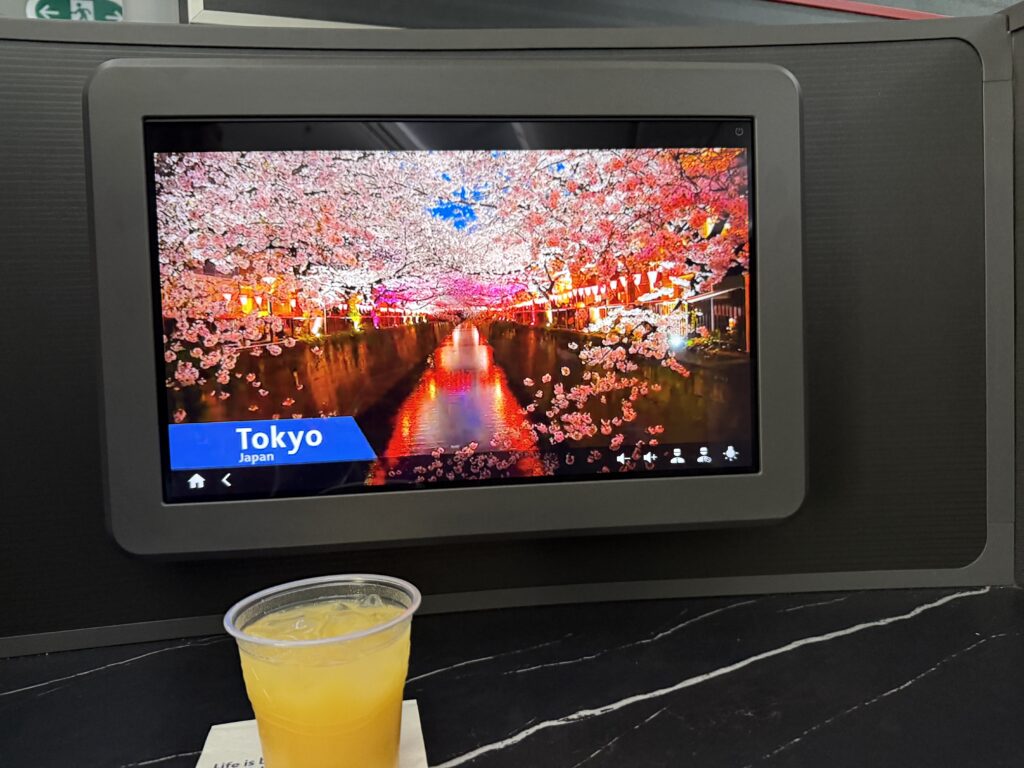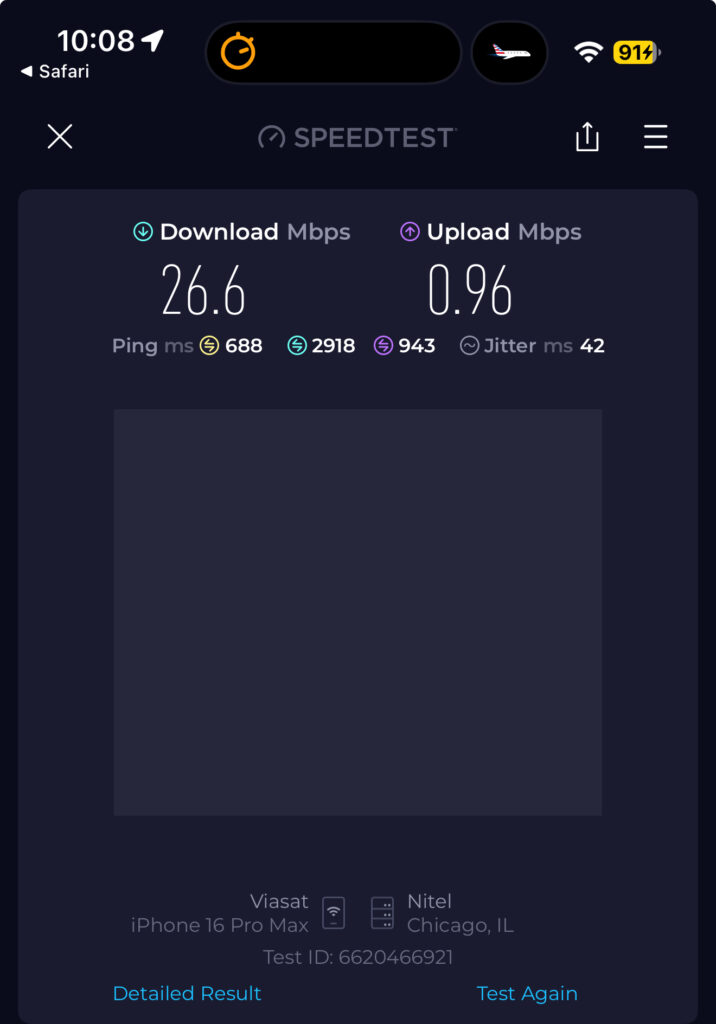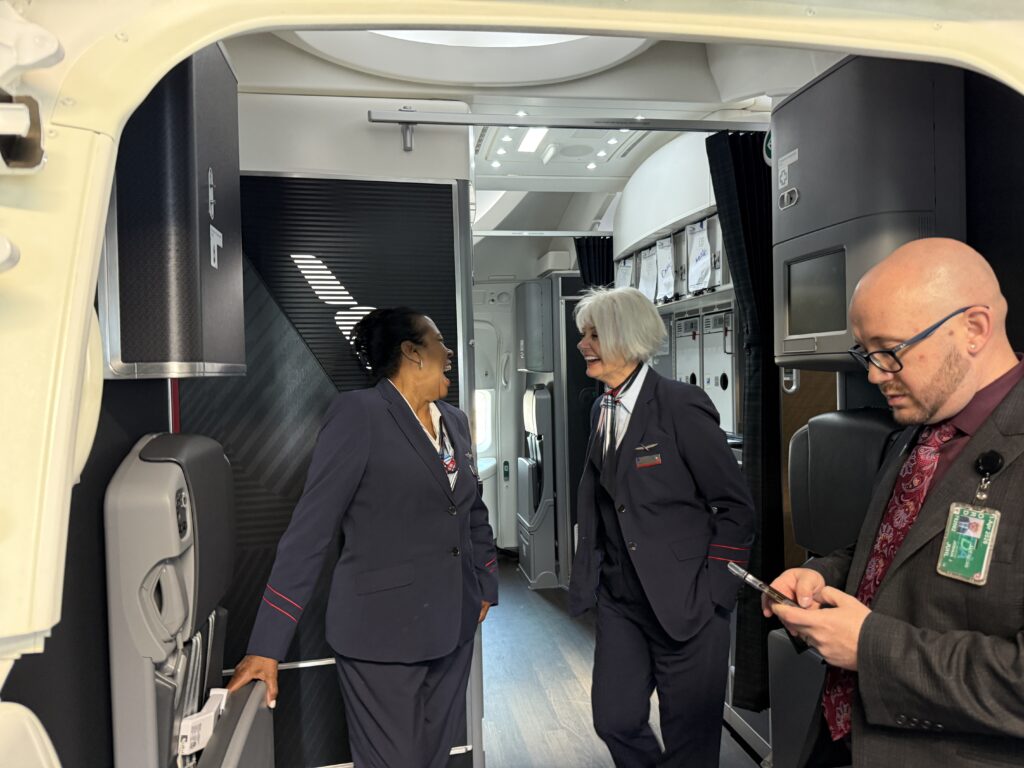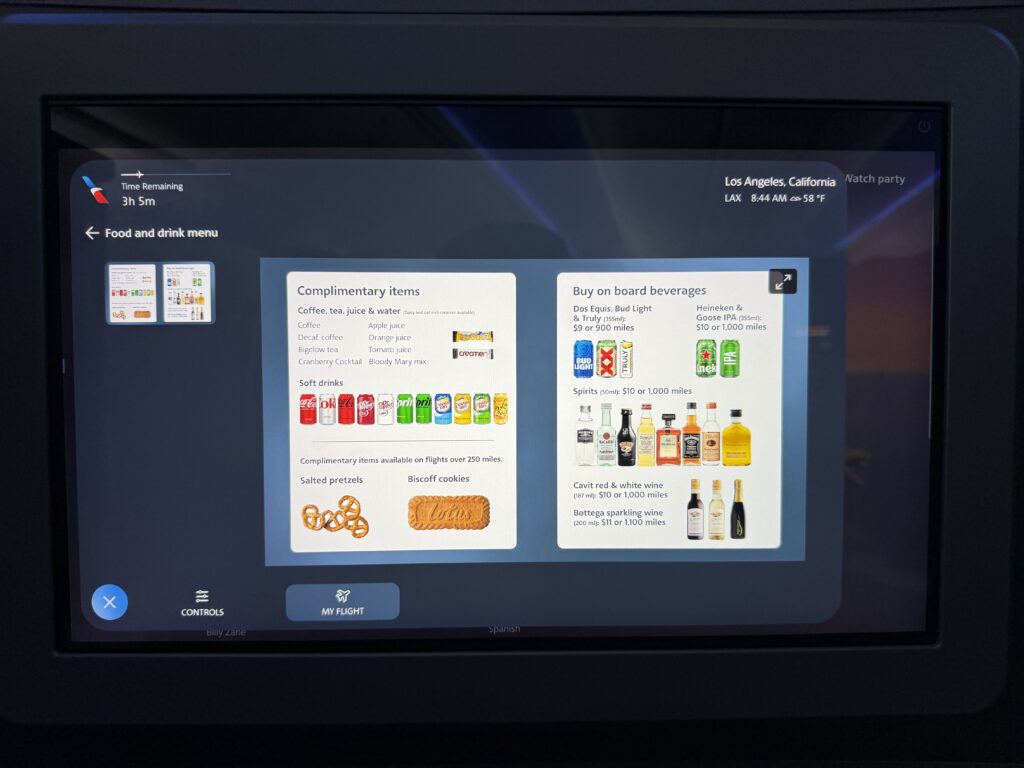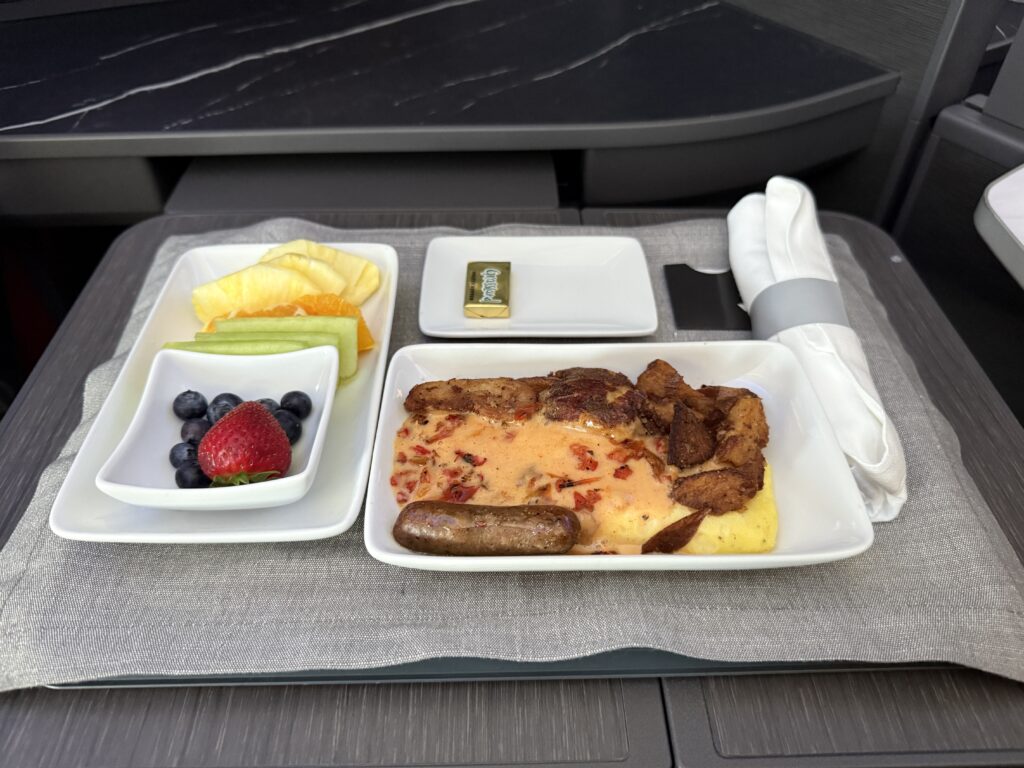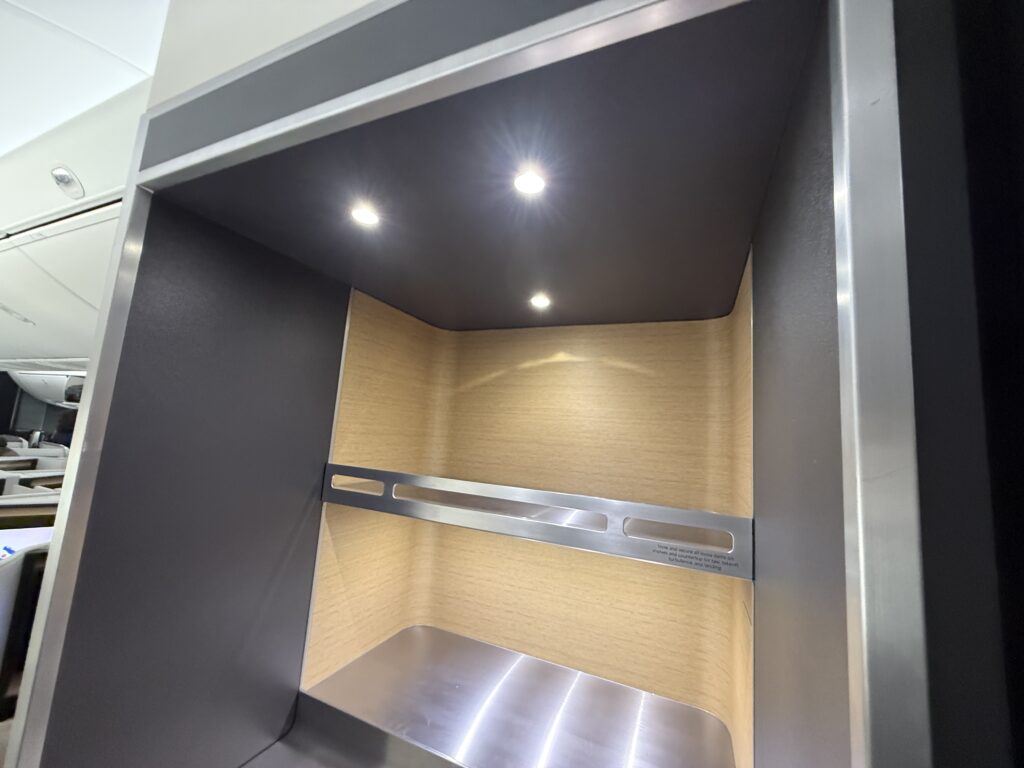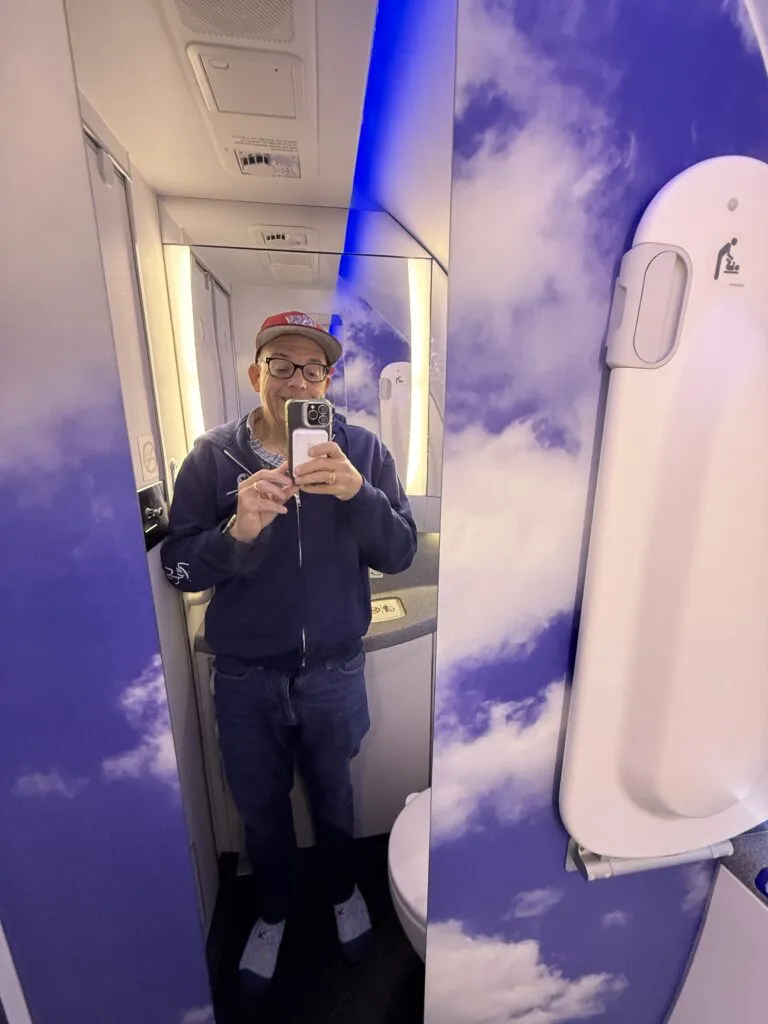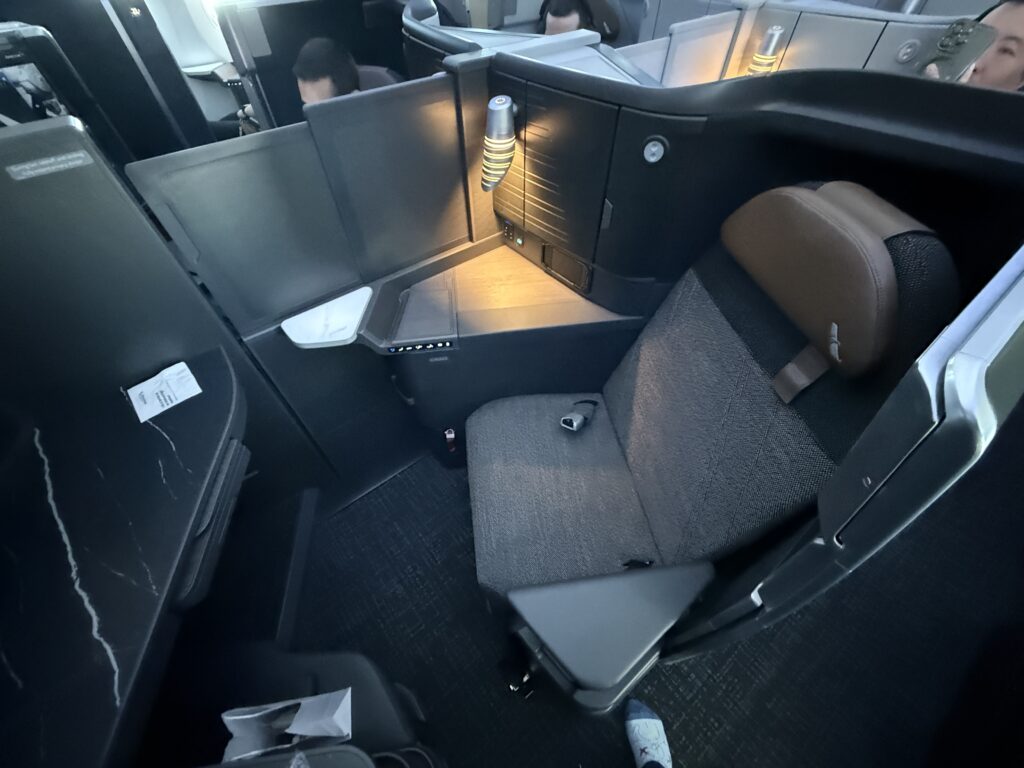American Airlines is leveling up its premium game. With the debut of its new premium-heavy Boeing 787-9 — internally designated the 787-9P for “Premium” — the airline isn’t just unveiling a new cabin. It’s launching the most premium-dense widebody in its fleet, signaling a bold new chapter in how it competes for high-value international flyers.
As part of our signature Runway Girl Network nose-to-tail test, we boarded American’s first 787-9P for a one-time domestic preview flight from Chicago O’Hare to Los Angeles.
This aircraft is one of a cluster already delivered in the new configuration, each performing a short domestic turn required for FAA certification before transitioning to long-haul service.
After this flight, the same aircraft continued to London Heathrow, where it began the true Flagship mission. Over the next two years, 30 Dreamliners like this one will roll out of the factory with a dramatically rebalanced layout designed for premium demand — followed over the next two years by retrofits to American’s 777-300ERs, and linefits on its new A321XLR twinjets.
With just 244 seats, the aircraft sacrifices 41 seats compared to its predecessor, but the premium growth is significant: 51 Flagship Suites (up from 30) and 32 Premium Economy seats (up 52%). Overall, premium capacity has grown by nearly 65%, making this by far the most premium-dense aircraft in American’s fleet.
Subtle celebrations at the gate
At Gate K19 in Chicago O’Hare, the celebration was light-touch: a few banners, balloons, and a gate announcement. A handful of AvGeeks lingered near the windows, while a commemorative swag bag at each suite included a postcard, AA-branded “remove before flight” tag, and Flagship stickers.
Boarding through L2, we entered a cabin that immediately signals its departure from the past. A black ribbed wall bearing the backlit “Flagship” wordmark and AA Flight Symbol sets the tone — this is not another grey widebody cabin.
The look and layout, designed by Teague, is intentional and unmistakably premium.Concierge Key and Executive Platinum members boarded first, followed by business class. Our purser — a seasoned 46-year American Airlines veteran — welcomed us with a nod: “Please bear with us as we learn this beautiful new aircraft ourselves.”
Pushback was right on time. After a lengthy 41-minute taxi at O’Hare, we lifted off quietly, thanks to the aircraft’s GEnx engines. While today’s flight didn’t feature the full Flagship soft product and service, the hard product offered a clear view into American’s long-haul future.
Flagship Suite Preferred: It’s all about the space
My seat, 1D, was one of eight Flagship Suite Preferred seats located in the first row of each business class cabin. These bulkhead positions maximize otherwise unused space to deliver 19% more bed surface and 42% more living area compared to standard Flagship Suites. Importantly, there is no price premium or elite restriction for booking these seats —yet.
Manufactured by Elevate Aircraft Seating (formerly Adient Aerospace), the Ascent suite is laid out in a 1-2-1 reverse herringbone configuration with all seats having direct aisle access. Inside pairs face each other; window seats face outward.
The suite is surrounded by high walls and a privacy door, though the door was not FAA-certified for inflight use at the time. American notified passengers in advance and credited 5,000 AAdvantage miles for the inconvenience. Certification is expected soon.
The Preferred suites feature a moody, high-contrast design: black faux marble, charcoal upholstery, brushed aluminum fixtures. The palette feels exclusive, but combined with the high suite walls, it noticeably dampens natural light.
Passengers in center seats can’t see the windows, and even at the sides, visibility is limited. Still, it doesn’t feel confined — just dark. And for many, privacy is the point.
As someone who is 5’6″ in height, the extra space in the Preferred suite was immediately noticeable and appreciated. The suite’s chaise lounge mode, which American patented, as enabled by a second seatbelt, let me recline without fully flattening the bed. If the bedding was in place, it would be more comfortable.
The footwell felt generously wide — no pinched toes or awkward angles. The floating headrest adjusted easily to act as lumbar or neck support.
Storage and design touches
Storage is another place where this suite shines. I counted numerous compartments.
A shoulder-level shelf with enough depth for a full-size tablet or hardback book.
A vanity-lit cabinet with mirror and space for amenity kits or grooming items.
A trinket tray beside the seat for small personal items.
Under-armrest storage, which also doubles as a hidden nightstand.
Storage on the ledge in front of the monitor, which acts as another table a la the Old Flagship First Service
Additional cubbies for shoes, water bottles, and amenity kits.
There’s also a distinct drinks tray beside the wireless charging pad, finished in white marble — a contrast to the otherwise all-black design. It’s the only visible use of white in the Preferred suite and feels slightly out of step, but elegant nonetheless.
The main tray table folds in two stages, sturdy enough for both work and dining.
Lighting and seat presets are intuitive, with controls for takeoff, chaise, full-flat bed, ambient lighting, and Do Not Disturb indicators.
(Almost) First Class problems
The Preferred Suites offer added space and exclusivity, but there are a few trade-offs. Being so close to the forward galley and lavatory means passengers may experience occasional light and noise, particularly on red-eyes or long-haul flights. I didn’t find it bothersome, but more sensitive flyers might.
IFE and connectivity: deep content, streamlined features
American’s Thales AVANT IFE system with Optiq displays is the most advanced IFE in its fleet. A 17.5-inch 4K HDR display anchors the suite, paired with a wired remote, Bluetooth audio, USB-C charging, and a wireless charging pad (though mine was intermittent).
The system includes nearly 1TB of content, housing a robust mix of Hollywood, international films, TV shows, music, games, and curated collections. Only Interstellar was offered in true 4K on our flight, but the depth and layout were impressive. Given both its distance from the passenger and the thick bezel, the screen feels a bit small and cheap in Preferred. But there is a subtle backlit detail, which gives it more depth.
A first for American’s widebody fleet: you can now wirelessly stream cached IFE content to your own phone or tablet, mirroring the functionality on American’s Viasat-fitted narrowbody aircraft. The remote control, while physical and basic, works well for browsing but doesn’t fully replicate the screen or offer moving map features.
Notably, the screen still displays the aircraft type incorrectly as a “787-900” — a detail that didn’t go unnoticed by the AvGeek crowd.
American is aware of the issue and working on a fix. The Bluetooth pairing was a bit temperamental requiring me to unpair my AirPods from my phone and iPad. In candor, the IFE could have used some instructions.Inflight Wi-Fi, delivered by Viasat Ka-band satcom, was available gate-to-gate but was underwhelming during the flight. A speed test showed 26.6 Mbps down and just under 1 Mbps up.Cabin Service: high effort, high marks
American staffed the 51-seat Flagship business class cabin with just four flight attendants — though the experience is a significant step up in workload from the 30-seat cabins on earlier 787s. Despite the extra complexity, the crew rose to the occasion with grace, good humor, and professionalism.
The drinks service began about 40 minutes after takeoff. Beverage options were displayed on the IFE screen, a nice touch.
I chose a Cabernet and used the white shelf to keep it out of the way while working.
For breakfast, options included a Monterey Jack cheese omelette with chicken sausage, potatoes, and fruit, or a continental breakfast with yogurt and fruit. The omelette was hot, flavorful, and satisfying — a pleasant surprise for a short domestic flight.Behind the business cabin, on the left side of the aircraft, sits the new vertical snack station monument. Though unstocked on this flight, it replaces the traditional galley-top setup and is expected to offer a rotating selection of self-serve items on long-haul routes.
Lavatories and lighting
There are four lavatories serving the business cabin, including one at L1 behind the cockpit. This location minimizes disruptions. Inside, a blue-sky cloud motif adds visual lightness, though it doesn’t quite match the dark, premium feel of the suites.
Lighting throughout the suite and cabin is fully customizable. Each seat includes ambient light strips, a reading lamp, and a soft-glow sconce with four brightness levels. The suite’s Do Not Disturb indicator is activated by a touchpad at the seat control panel.
Final Thoughts
Though this flight didn’t include the full Flagship experience — no pajamas, mattress pad, or luxury headsets — it proved that the 787-9P is more than a product refresh. It’s a big step forward in American’s global premium strategy as it works to catch up to Delta and United.
The Flagship Suite Preferred is a highlight: spacious, well-designed, and very comfortable, with intuitive controls, deep storage, and meaningful privacy.
The design leans dark, but your author did not find it oppressive. The added real estate makes a real difference, and the seating comfort — especially in bed mode — is impressive.
The entire upscale cabin’s ergonomic, comfort, and design elements, and the hardworking crew of American’s new Premium Dreamliner makes a strong case for Flagship’s next chapter.
I can hardly wait to try the full long-haul product with its upgraded catering and soft product.Next up: we try American’s all new Premium Economy cabin to see the next evolution of PE.
Related Articles:
All images of American‘s 787-9P are credited to the author, Chris Sloan


